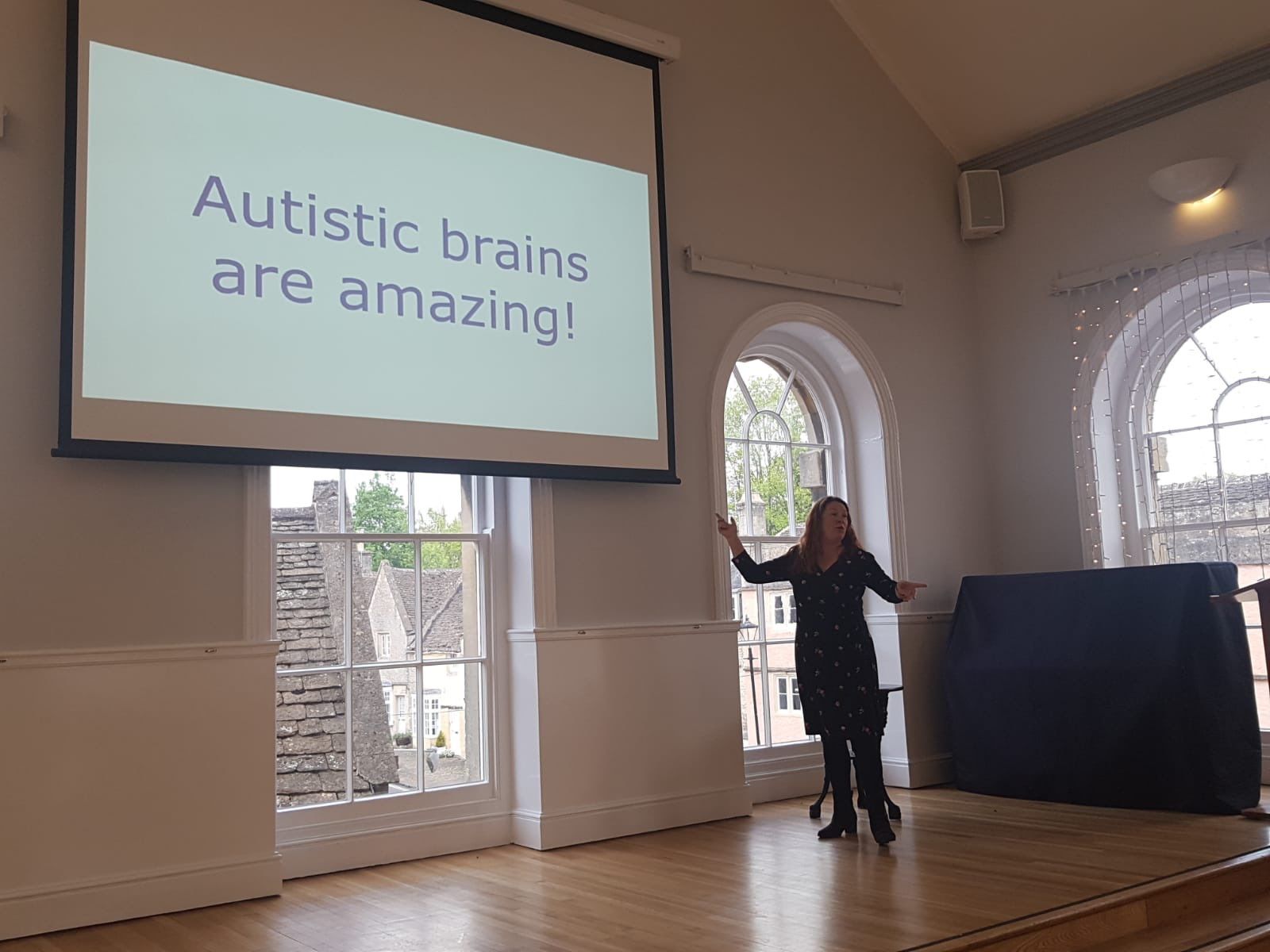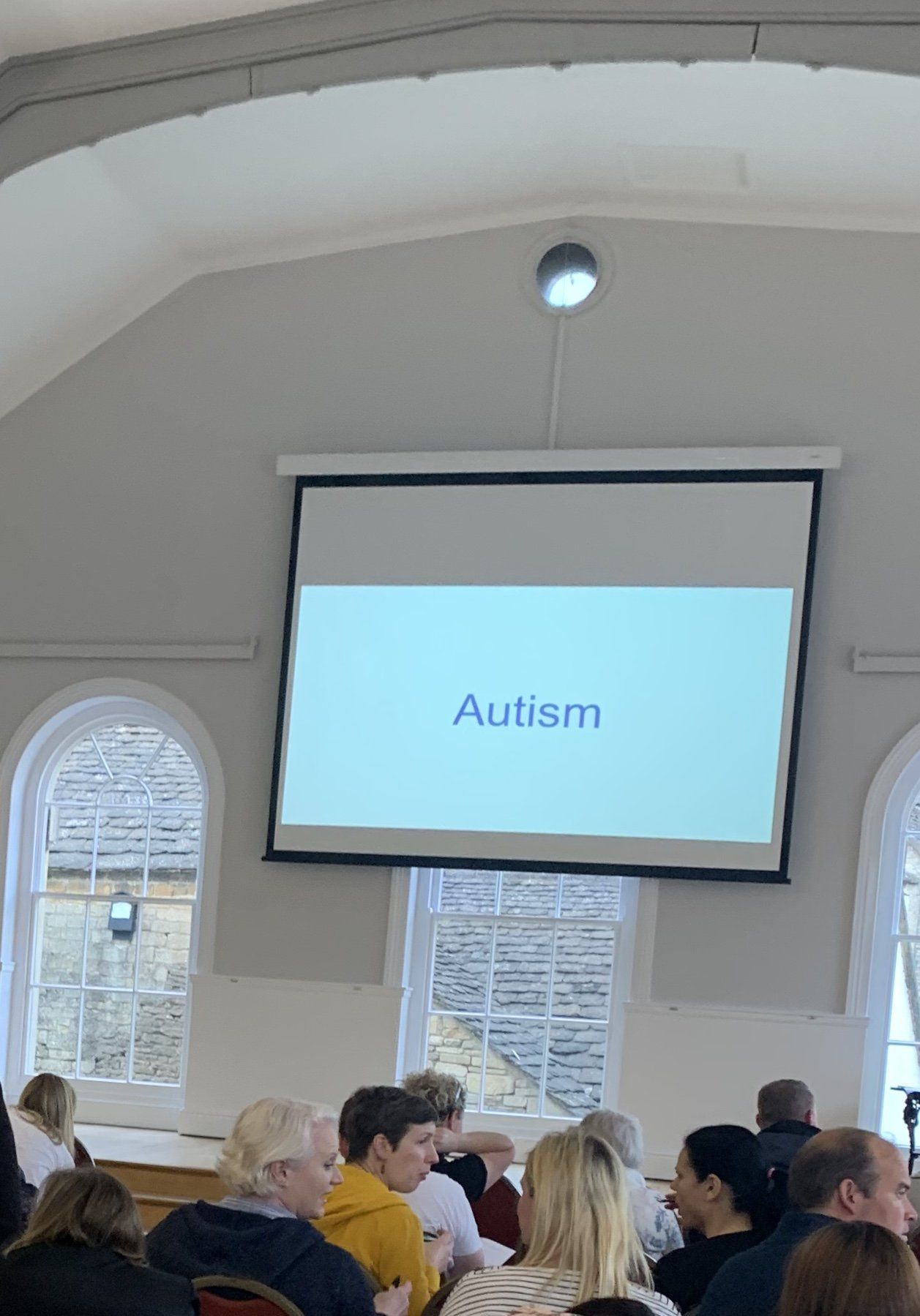Vulnerability in Autistic children
Thinking differently often means that rules and boundaries can be blurred. Where a typical child may think something is silly or inappropriate an Autistic child will probably try it. They do like rules but have often created their own rulebooks and stick to them regardless.
Autistic children are very good at paying attention to the things they are interested in, but these are not necessarily the most useful things in life. Don’t presume that because they sat through an assembly or lesson on something that they remember can or apply the learning.
It can be hard for Autistic children to learn important social and safety rules in classes and large groups. They may be distracted by:
·being physically uncomfortable, such as having to sit a certain way on the classroom carpet or being too hot
·sensory distraction, e.g. lunch cooking or a noisy playground
·thinking their own thoughts and focussing on favourite things rather than listening
·thinking about what’s coming next, especially if they don’t like it, e.g. queuing for lunch or getting changed for PE
·anxiety about any change in routine or people in the classroom
Explain common risks such as internet safety clearly, explicitly and repeatedly. It helps to give a complete picture. This means including the why, what, how, where and when. It’s important to also explain the implications or consequences of not following the rules.
Autistic children, especially teenagers, can also be more easily influenced into making poor choices than non-Autistic children. This may be due to:
·difficulty reading other’s people’s body language and facial expressions, and so not spotting lies or tricks as easily
·thinking very literally, and following things exactly as heard, without checking the logic and sensibleness of instructions
·difficulty guessing other people’s intentions, and not spotting when somebody is being unkind or deceiving them
·reluctance to ask an adult for advice or help and so making poor choices on their own - often to social anxiety or difficulties, and the more anxious a child is they less able they are to verbally tell someone what they need or want.
·poor impulse control makes them often unable to resist temptation
·a desire to fit in, and so they take part in risky behaviour to gain some sense of belonging
·poor emotional control, meaning other children may deliberately provoke them to watch them explode!
Sadly, many non-Autistic children have yet to realise just how amazing Autistic brains are and have little tolerance and patience for the differing needs of Autistic children. Autistic children often become the targets of school bullies and can end up feeling isolated and alone. This social exclusion is another risk factor as it reduces the opportunity for vital social learning, which is learning the small and necessary details of life from those around us. It can be a vicious cycle for Autistic children who need more time to learn appropriate behaviour but are deprived of the opportunity as their peers exclude them.
We learn how to behave and respond by watching those others, and so spending lots of time with positive role models is vital for Autistic children.
To help support good life choices:
·model these choices – it’s can be difficult explaining to explain to an Autistic child why you’re allowed to do something and they’re not
·don’t just leave it up to school to deliver important life lessons - school is not always the best place for Autistic children to learn them
·make sure they’re comfortable and focussed when explaining things, and reduce the sensory distractions
·don’t avoid discussing sensitive issues, such as dieting, drugs, alcohol and sex -make your messages clear, direct and impactful
·be watchful as to who they’re spending time with and for any sudden changes in behaviour or interests
·if you have any concerns about the choices your child is making don’t hesitate to contact your GP or seek professional support
by Helen Eaton
Through her work, Helen Eaton (MSc, PGCE) has gained a fascinating insight into both education and the workplace. She combines over 20 years’ experience delivering management training to the UK’s leading IT and Finance companies with a passion for education and a teaching qualification. Now specialising in Neurodiversity, she has worked with many families and professionals, promoting the importance of understanding and supporting Autism and Specific Learning Difficulties. Most importantly, she has a Neurodivergent family and rejoices in the uniqueness of their Autistic, ADHD and Dyslexic minds.
If you reproduce or share this work please acknowledge the source and the author.









